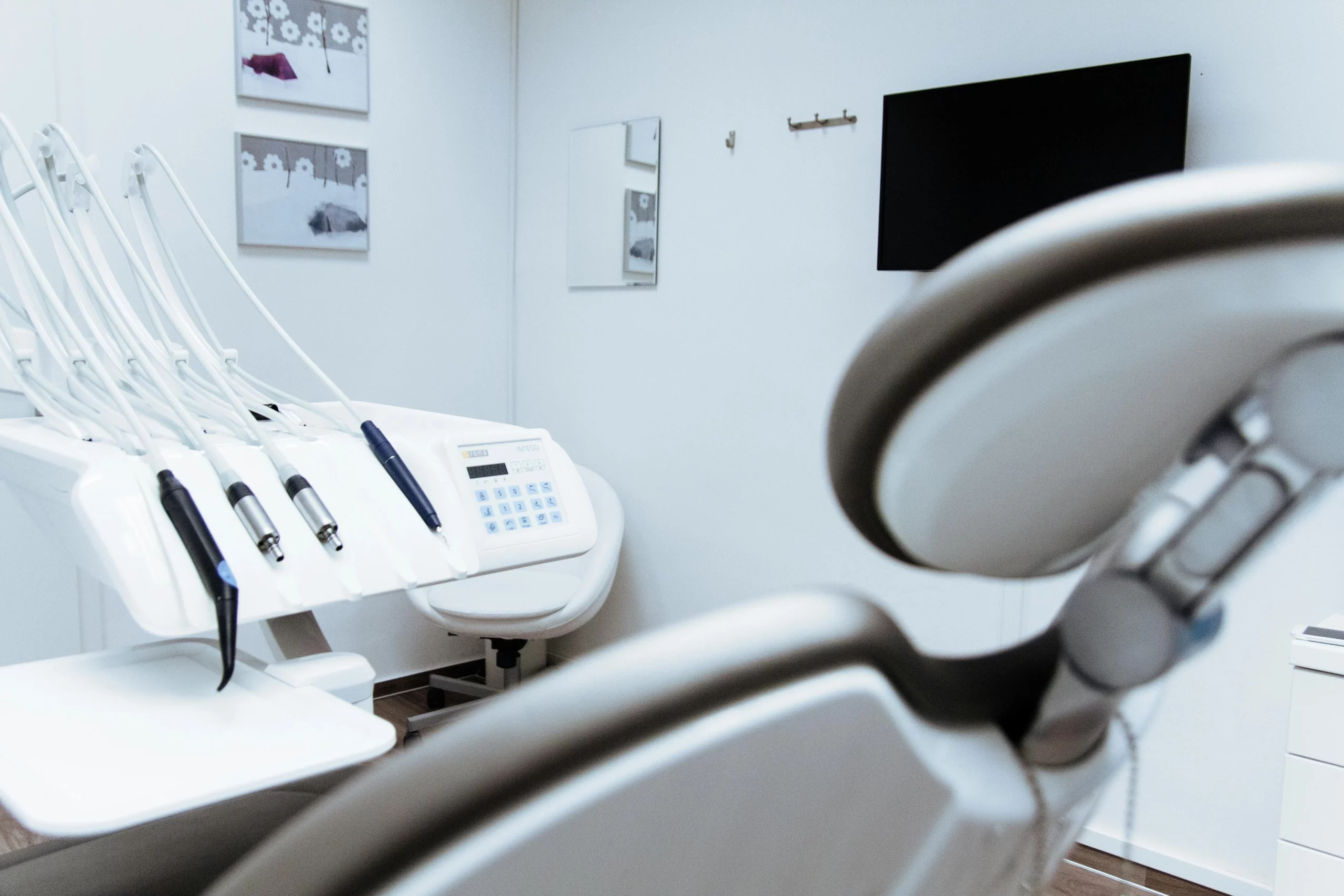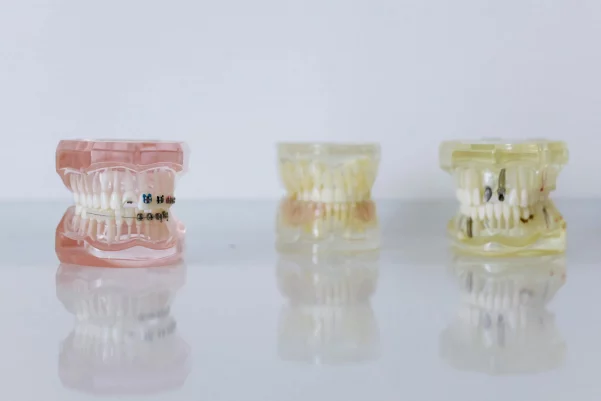A dental implant is far more than a cosmetic fix, it can restore essential functions such as comfortable eating and clear speech, while also bolstering self-confidence and enhancing quality of life. Unlike traditional dentures or bridges, implants offer a durable, natural-appearing solution that mimics the feel and function of a real tooth. Nevertheless, the financial aspect often presents a significant barrier, causing many individuals to hesitate or dismiss the possibility of this transformative treatment.
Fortunately, there are numerous strategies to make dental implants financially accessible. With careful planning, patients can explore insurance coverage, payment plans, and alternative options such as treatment at dental schools or participation in discount programs. Comparing providers and understanding available resources also play an important role in balancing affordability with safety and quality.
This article presents practical methods and expert recommendations for reducing the cost of dental implants. Whether you are at the initial research stage or already preparing for treatment, you will find valuable guidance for making informed decisions, ultimately supporting your pursuit of improved oral health and renewed confidence.
What Makes Dental Implants Affordable?
Dental implants do not come with a uniform cost; rather, their pricing is highly variable. Factors such as geographic location, the choice of materials, the condition of a patient’s oral health, and the qualifications of the dental provider all significantly impact the final expense. A clear understanding of these elements is crucial for making well-informed decisions regarding dental implant procedures.
Low-Cost Clinics and Discount Programs
Many dental offices offer discount days, new patient specials, or promotional pricing for implant procedures. Community health centers and nonprofit clinics may also provide dental implant services at reduced rates for qualifying individuals. These options can significantly lower your initial out-of-pocket costs without sacrificing care.
Financing Plans and Payment Options
Most reputable dental providers understand the financial commitment that comes with implants and offer flexible financing plans. Monthly installment options through third-party lenders like CareCredit, Sunbit, or in-house plans make the cost easier to manage. Some providers also accept HSA or FSA funds, which can be a tax-friendly way to pay.
Dental Schools and Training Clinics
Dental schools with implantology programs often provide services at lower rates. Procedures are supervised by licensed professionals, and the care is comprehensive. While appointments may take longer, the quality of treatment is not compromised, and the savings can be substantial.
How to Find Affordable Dental Implants Near Me

Securing an optimal deal on dental implants really hinges on conducting thorough research and being discerning about where you seek treatment. Prices can fluctuate quite a bit between providers, so it’s wise to compare detailed quotes from several dental practices. Don’t just focus on the advertised total—examine what’s actually included, such as the consultation, imaging, anesthesia, or the crown itself. It’s also prudent to inquire about bundled pricing, introductory offers for new patients, or internal savings programs that can significantly lessen your out-of-pocket costs.
By asking specific questions and reviewing all aspects of each offer, you can avoid hidden fees, unnecessary add-ons, or subpar materials. Ultimately, a careful and informed approach is key to making a financially sound and clinically effective choice regarding dental implants.
Researching Local Providers
Begin by compiling a comprehensive list of dental implant providers in your vicinity, including both general dentists and specialists such as periodontists or oral surgeons. Notably, certain providers may present bundled packages encompassing the implant, abutment, and crown, which are frequently more cost-effective than purchasing each component separately.
Checking Reviews and Testimonials
Affordability does not inherently equate to compromised quality or increased risk. It is advisable to consult online reviews on platforms such as Google, Healthgrades, and Yelp to assess patient experiences and provider reputation. Examining testimonials and before-and-after photographs can offer valuable perspectives on the standard of care and patient satisfaction. Furthermore, attention should be paid to recurrent remarks regarding transparent pricing and positive treatment outcomes, as these factors may indicate a reliable provider.
Comparing Quotes and Services
It’s important to obtain several estimates before making a decision—prices can vary widely between providers. Be sure to clarify exactly what’s included in each quote. Some clinics may advertise a lower rate but leave out essential components, such as bone grafts or CT scans, which are often necessary. Others might present a higher initial price but include all procedures from start to finish. Ultimately, focus on the overall value provided rather than simply selecting the lowest price, as choosing solely based on cost can lead to unforeseen expenses later.
Quality vs. Cost: What to Watch Out For

Opting for the lowest-cost dental implants might seem appealing at first glance, but it’s hardly a wise academic move. This isn’t the time for discount decision-making—dental implants are a complex medical procedure, not a flea market bargain. There’s a reason reputable providers rely on high-quality materials and extensive expertise: the stakes are literally set in your jaw. Choosing an unqualified provider or subpar components increases your risk of complications, infections, and, frankly, academic embarrassment when corrective procedures become necessary. The most prudent approach? Seek a balance, affordability, certainly, but never at the expense of quality or professional integrity. That’s the sort of value worth pursuing.
Avoiding Low-Quality Materials
When it comes to dental implants, transparency is absolutely essential. High-quality options, such as those crafted from titanium or zirconia, carry FDA approval and are widely regarded as the standard in the field. In contrast, less expensive materials may not bond effectively with the bone, increasing the risk of implant failure—certainly not an outcome anyone wants. It is crucial for providers to clearly disclose the type of implant being used, its manufacturer, and all relevant warranty information. Patients should always request this information and review it carefully before proceeding.
Importance of Experienced Implant Dentists
An experienced implant dentist employs advanced diagnostic tools, such as 3D imaging, to conduct a comprehensive evaluation and formulate a treatment plan specifically tailored to the individual patient. Their expertise extends to managing potential complications with confidence and proficiency. Although selecting a highly qualified provider may involve a greater initial investment, their specialized skills significantly reduce the risk of costly and complex issues arising in the future.
Tips to Reduce Dental Implant Costs
If your goal is to keep dental implant costs manageable without sacrificing quality, thorough preparation is essential. Conduct detailed research on providers, inquire specifically about what’s included in each treatment plan, and clarify potential hidden fees before making a decision. Evaluating your insurance coverage and exploring available financing or savings programs can further maximize your investment. Careful planning and informed questioning empower you to select an appropriate provider, avoid unexpected expenses, and achieve satisfactory, cost-effective results.
Using Insurance and Dental Savings Plans
Dental insurance coverage for implants is often limited, with many policies offering minimal or no support. Some plans may provide partial assistance for related procedures, such as extractions or bone grafts; however, it is essential to review policy details thoroughly to understand specific benefits and exclusions.
In contrast, dental savings plans operate differently. By paying an annual membership fee, individuals can access discounts ranging from 10% to 60% on implant procedures, without the need for approval processes. While these plans may not cover the full cost, they can significantly reduce out-of-pocket expenses for patients considering dental implants.
Bundling Treatments and Negotiating Fees
If you require several dental procedures such as extractions, grafts, or crowns, it is advisable to consult your dentist regarding the possibility of bundling these treatments for a reduced overall cost. Many dental providers are willing to offer discounts to patients who pay upfront or in cash. Additionally, negotiating fees is not uncommon, particularly if you have obtained comparative quotes from other practices. Conducting thorough research and engaging in open discussion with your dentist may result in significant savings.
Frequently Asked Questions (FAQs)
1. Are affordable dental implants safe?
Certainly, affordable dental implants can be safe, provided they are administered by a qualified, licensed dentist who utilizes reputable, FDA-approved materials. The critical consideration is to avoid compromising safety or long-term effectiveness in pursuit of lower costs. Prospective patients should exercise caution regarding clinics that offer unusually low prices without transparent information about practitioner credentials, the quality of materials, or post-procedure care. It is advisable to confirm the provider’s experience, consult patient reviews, and inquire specifically about what is included in the quoted price. Ultimately, a reputable professional will prioritize patient health while endeavoring to accommodate financial constraints.
2. How can I find affordable dental implants near me?
Start by searching online for community dental clinics, dental schools, and private practices that offer promotions, payment plans, or sliding scale fees for dental implants. These options can significantly reduce your out-of-pocket costs while still providing safe, professional care. Be sure to read patient reviews, check provider credentials, and ask friends or family for recommendations to find trusted providers. It’s also wise to schedule consultations with more than one dentist—this allows you to compare treatment plans, materials, and pricing before making a decision. Doing your homework up front can lead to better outcomes and greater savings in the long run.
3. Does insurance cover low-cost dental implants?
It depends on your dental insurance plan. While many policies consider dental implants elective and may not cover the full procedure, some do offer partial coverage especially if the implant is deemed medically necessary due to trauma or tooth loss affecting function. In many cases, insurance may help cover components of the treatment, such as tooth extractions, bone grafts, or the final crown. Coverage levels and annual limits vary, so it’s important to review your policy details or speak directly with your insurance provider. Knowing what’s included can help you plan more effectively and avoid unexpected costs.
4. Are there risks with cheaper implants?
Cheaper implants can carry significant risks, especially if the provider is cutting costs by using low-quality materials or lacks proper training and experience. Implants made from substandard materials may not bond properly with your jawbone, leading to instability, infection, or even implant failure. Inadequate placement or rushed procedures can also damage surrounding tissues or nerves. To protect your health and investment, always confirm that the dentist uses trusted, FDA-approved implant systems and has a strong track record with successful implant procedures. Prioritizing quality and expertise upfront can save you from painful and costly complications later.
If you’ve been holding back on restoring your smile due to the cost, know that affordable dental implants are possible with the right guidance. Don’t let sticker shock keep you from exploring your options, start by booking a consultation with a reputable provider.
Compare your choices, ask questions, and look beyond price tags. Investing in your smile is an investment in your confidence, health, and happiness. Take the first step today, you deserve a solution that fits your budget and your life.


